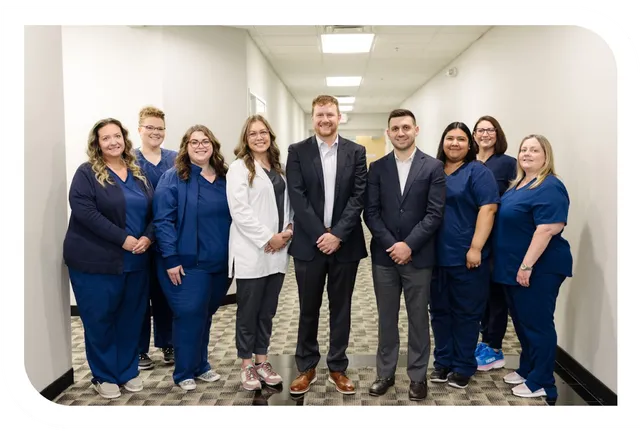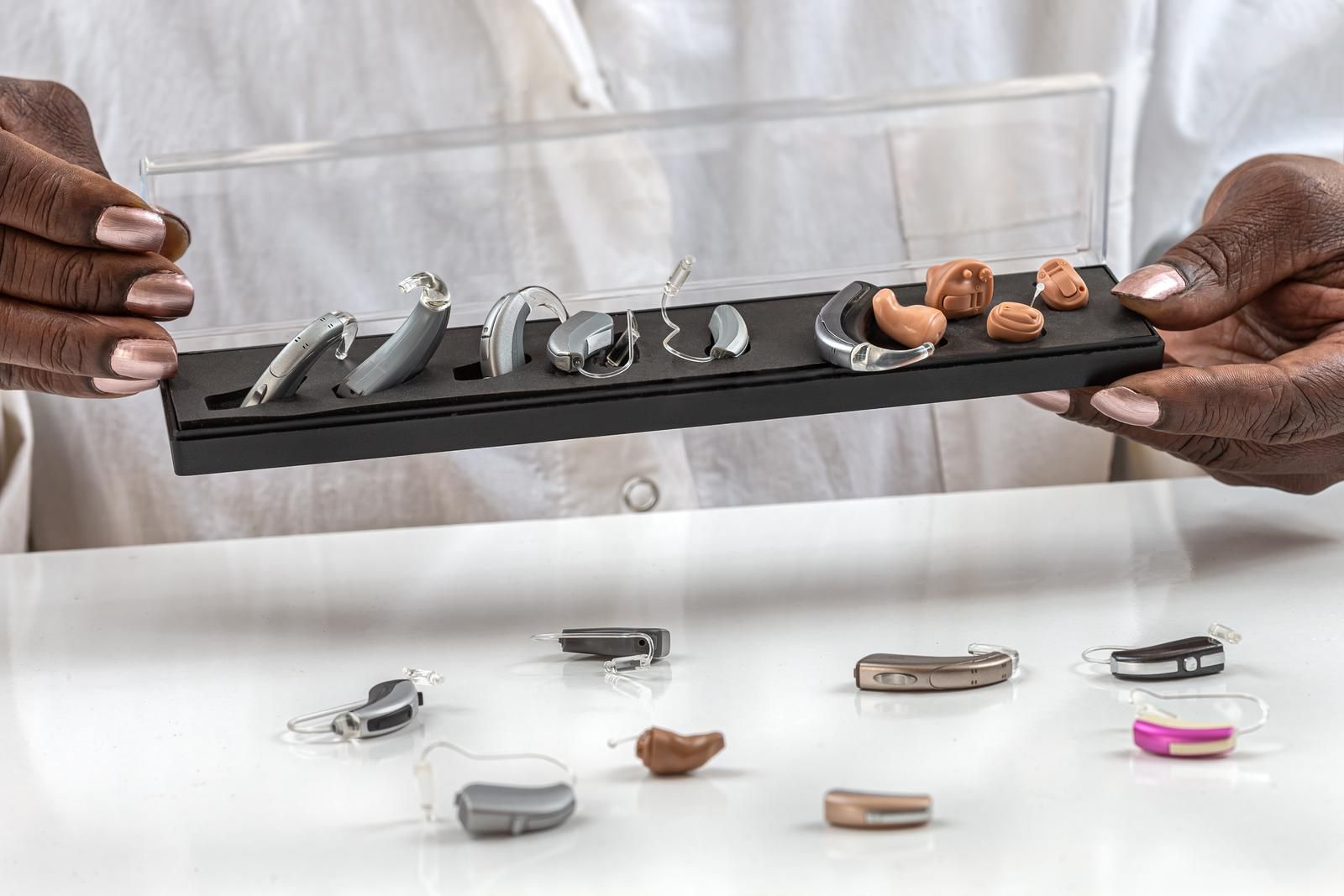How to Remove Nasal Polyps: A Comprehensive Guide
Breathing through your nose may be something we all take for granted, but you want relief right away when it is blocked. If you live in Sterling Heights, Rochester Hills, or Waterford, MI and find yourself constantly congested, unable to smell, or dealing with what feels like a never-ending cold, nasal polyps might be the culprit.
But don’t worry, nasal polyps are not as scary as they sound. These soft, non-cancerous growths form from chronic inflammation in your nasal passages and sinuses. Think of them as tiny, tear-shaped balloons that block airflow, making it harder to breathe freely.
If these issues sound familiar, you’re probably wondering, “How do I get rid of nasal polyps and finally breathe easy?” Well, you’ve come to the right place. This guide will walk you through the effective treatment options for nasal polyps—especially if you're looking for relief in Macomb or Oakland Counties.
First Things First: Don’t Try to Remove Nasal Polyps Yourself!
Before we discuss treatment options, we have a quick but important note: Do not attempt to remove nasal polyps on your own. Your nasal passages are delicate, and trying to treat polyps at home could do more harm than good. Leave the removal to the experts!
Now that we’ve got that cleared up, let’s talk about how a specialist can help you get the relief you need.
Shrinking and Preventing Nasal Polyps with Medication
Before considering surgery, most ENT specialists (ear, nose, and throat doctors) will start with medications to help shrink nasal polyps. Here's a look at the most common options:
Corticosteroid Nasal Sprays
These prescription nasal sprays are often used for small nasal polyps and inflammation in the nose (also called chronic rhinitis). This treatment delivers powerful anti-inflammatory medication directly to the nose, helping to reduce swelling and shrinking nasal polyps over time. The key is consistent use; daily use for several weeks can produce noticeable results.
Oral Corticosteroids
For more larger stubborn nasal polyps or severe symptoms of nasal blockage, oral corticosteroids like prednisone might be prescribed. These medications can shrink polyps quickly, but they are typically used only for short periods due to potential side effects such as weight gain and increased blood pressure.
Biologics: Medications with Specific Targets for the Severe Inflammation Associated with Large Nasal Polyps
For those with severe or recurrent nasal polyps, biologic medications are an option. These targeted injections block the specific inflammatory pathways that lead to polyp formation. Biologics are generally reserved for more chronic cases and are especially useful for patients with conditions like asthma or allergies.
When Medication Isn't Enough: Nasal Polyp Surgery
If medications aren’t enough to provide relief, surgical intervention may be necessary. The most common procedure for removing nasal polyps is Functional Endoscopic Sinus Surgery (FESS).
What Is FESS?
FESS is a minimally invasive procedure where a surgeon uses a small camera called an endoscope to get a clear view of your sinuses and polyps. The surgeon then removes the polyps and clears blocked sinus passages from within the nose without the need for external incisions.
- Minimally Invasive: The surgeon works entirely through your nostrils, making this a less invasive option.
- Precise: Using an endoscope, the surgeon can remove polyps and restore proper drainage to your sinuses.
The goal of FESS is to allow your sinuses to drain properly, making it easier for medications to work and reducing the chance of polyp recurrence.
What is Sinus Surgery Recovery Like?
Recovery after FESS is usually manageable. You’ll need a few days of rest and follow-up care, including saline rinses to promote healing and reduce scarring. Your ENT doctor will provide detailed aftercare instructions to ensure the best recovery process.
Nasal Polyps Can Return
Unfortunately, nasal polyps can come back. Think of surgery as “weeding” your nasal passages—while the procedure clears up the current issue, if the underlying inflammation persists, the nasal polyps might regrow.
That’s why ongoing treatment with nasal steroid sprays, steroid rinses, oral corticosteroids, and biologics are often recommended after surgery to prevent future growth and maintain relief.
Finding Nasal Polyp Relief in Sterling Heights, Rochester Hills, and Waterford, MI
If you have symptoms like chronic sinus congestion, nasal obstruction, or loss of smell, it’s time to seek help. The good news is that effective treatment starts with a thorough evaluation by a qualified ENT specialist.
At ENT Care of Michigan, we offer convenient locations in Sterling Heights, Rochester Hills, and Waterford, MI, to serve patients throughout Macomb and Oakland Counties. Our experienced ENT team provides a comprehensive evaluation and diagnosis, often using in-office nasal endoscopy to get a clear view of your sinuses.
Whether you need medications, non-invasive treatments, or surgery, our team is here to create a personalized treatment plan that fits your needs and lifestyle. We understand that sinus issues can affect your quality of life, and we’re committed to helping you breathe easier.
Ready to Breathe Easy Again? Schedule a Consultation Today
Don’t let nasal polyps hold you back any longer. Take the first step toward sinus relief by scheduling a consultation with the experts at ENT Care of Michigan.
Schedule your sinus consultation with us today!










